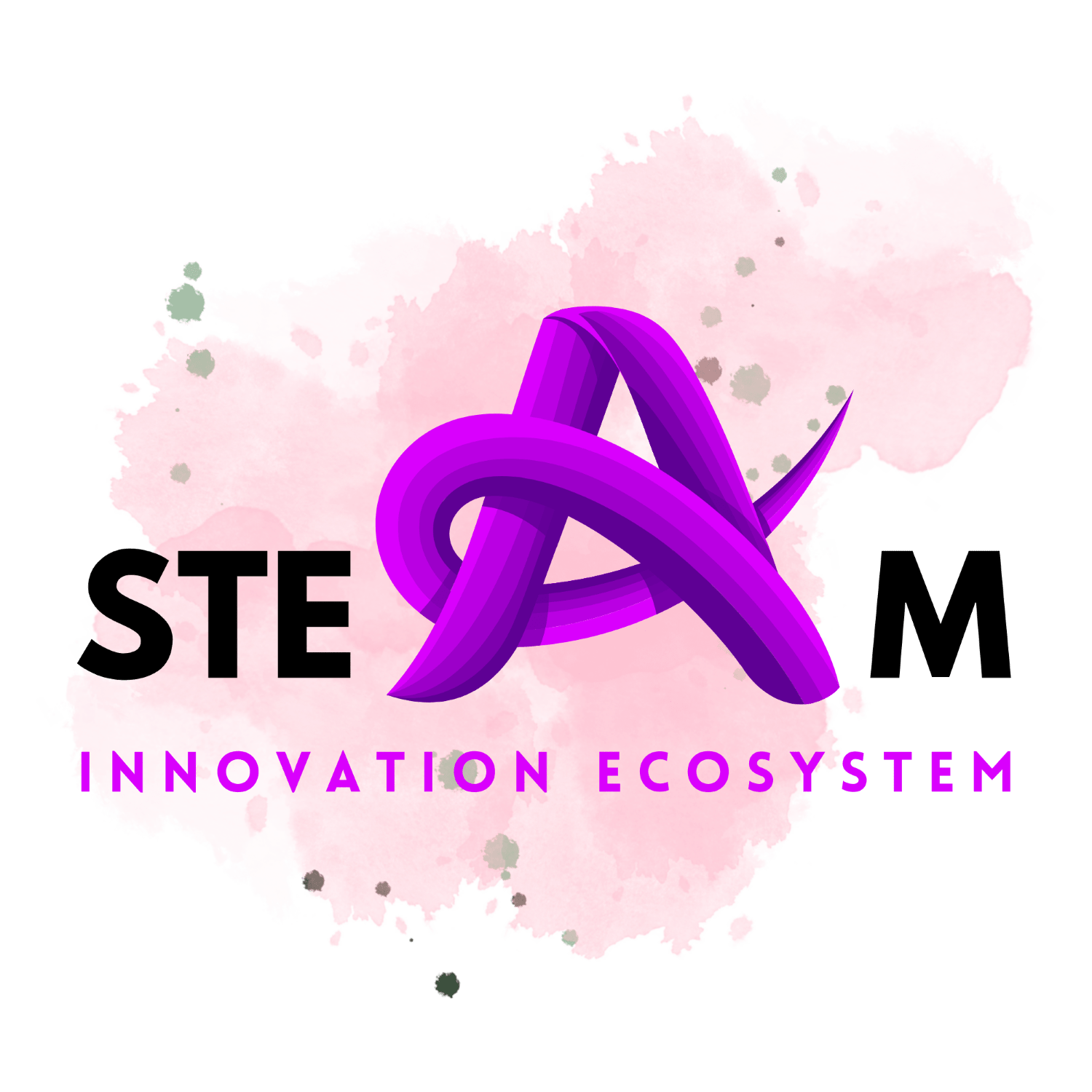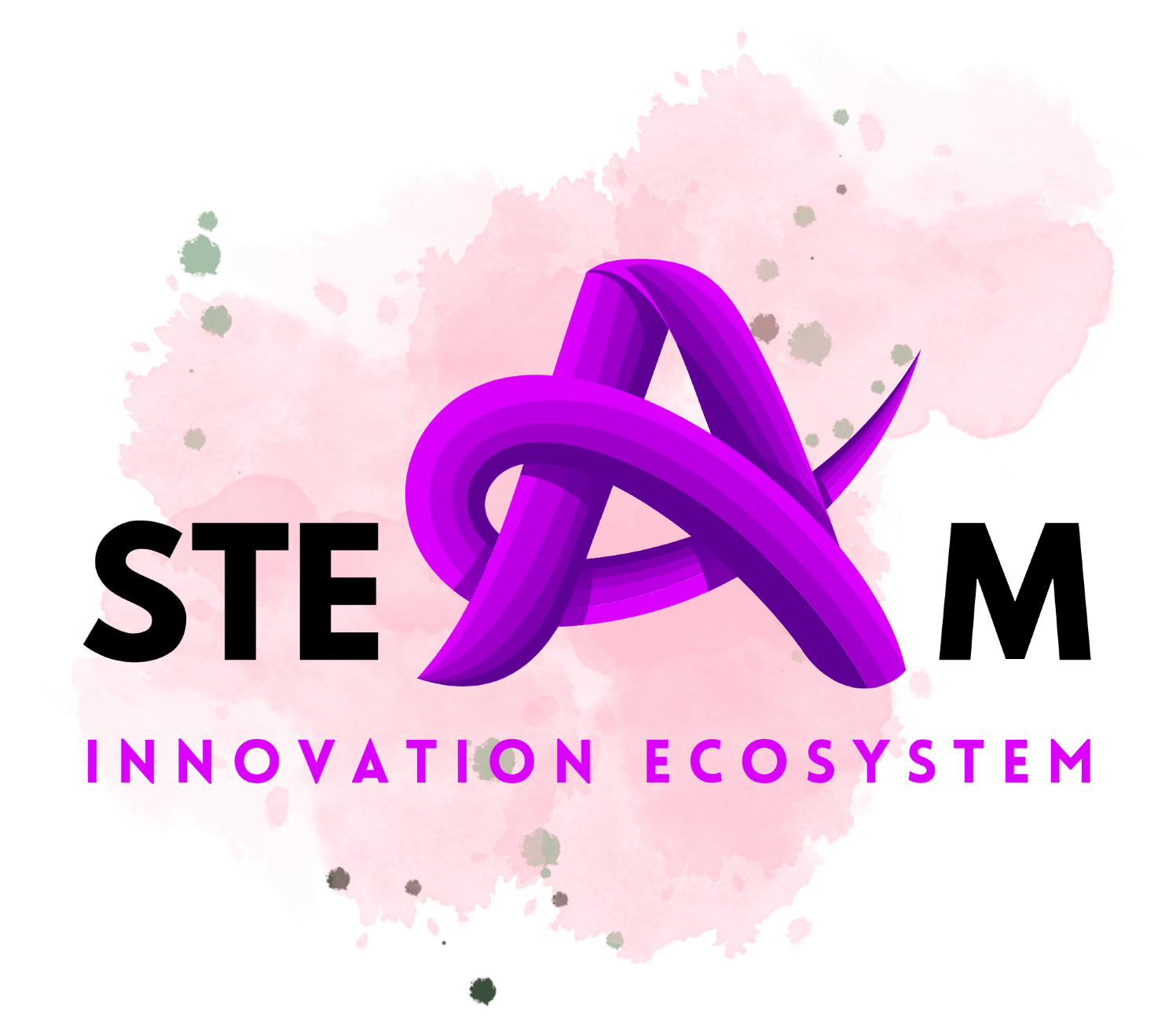A Year of Creative Connections in Europe
STEAM Innovation: Where Art and Science Shape a Sustainable Future
From Greece to Cyprus, from Portugal to Italy, the STEAM Innovation project has spent its first year weaving together a European network that connects science, technology, engineering, art, mathematics and culture.
Funded by the Creative Europe programme, the project is developing new learning models rooted in creativity, inclusion, and sustainability, with schools, students, and cultural organizations working side by side.
Looking Ahead from our European Partners
From September 2026 until April 2027, the Learning Science Through Theater (https://lstt.eu) has already started to be implemented in Greece, realizing the specific module of the Educational Syllabus of the project. On 25 – 26 of April 2026 there is going to be the national festival in Athens with live performances from the schools and students participating and on the 16 – 17 May there is going to be the Online (virtual) festival with schools participating through performances that were filmed in their own settings.
In Italy, students and teachers will explore together with experts, how music can spark creativity, connection, and new ways of learning it through AI, Science, and Math. Their journey will lead to two events in May 2026: the National Festival and the Virtual Festival Online, before reaching its grand finale In September 2026 (10th to 12th) where all students from the 4 Countries will meet to exchange their experiences.
In Cyprus, upper primary school students and teachers have already started the implementation of the module “Learning science through music”. The aim is for teachers to prepare their teams of students for the national performance that will happen at the end of April. Three students from the winning teams will travel to Matera, Italy to take part in the International Festival where they will have to present their work to the participants.
In Portugal, a series of accredited teacher training courses has commenced, enhancing teacher capacity and supporting students in developing STEAM projects, driven by the Maker Movement. Teachers and students are learning how to use 3D printing, video editing, programming and electronics, among others, to creatively solve problems in their communities and design prototypes joining arts, technology and science. The national festival will be the celebration of their achievements and showcase the innovative power of STEAM education.
Big highlight!
After the implementation phase, all partners and selected participants will meet in Italy (Matera) in September for the Final Conference and the Final Festival.
At the Final Conference, EU experts and the project consortium will share insights, lessons learned, and key outcomes, including the educational program and recommendations for the future of STEAM education. And the big highlight? The Transnational Festival, where creativity meets collaboration. Three students from each Partner Country will be selected through their National Activities to represent their teams in the Final Festival in Matera, Italy where their imaginative scientific projects will be presented, exchange ideas and inspire one another. This event will be more than just a festival, it will be a celebration of curiosity, creativity, and international collaboration, showing how music, theatre, STEM, and maker spaces can transform the way we learn and connect.
What We’ve Achieved So Far
In its first year, the consortium has built strong foundations for the STEAM learning pathway — combining inspiration, experimentation, and collaboration across the four countries.
National Forums
Partners organized national forums — in Greece, Cyprus, Portugal, and Italy — engaging more than 150 teachers, students, artists, and creative professionals. These events sparked dialogue and built bridges between education and the cultural and creative industries.
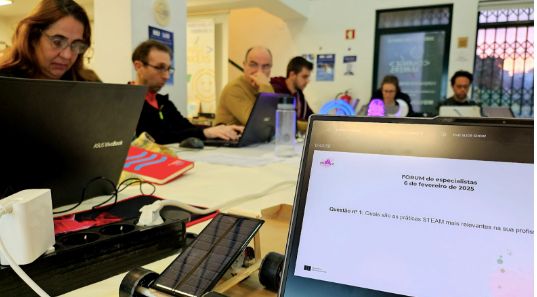
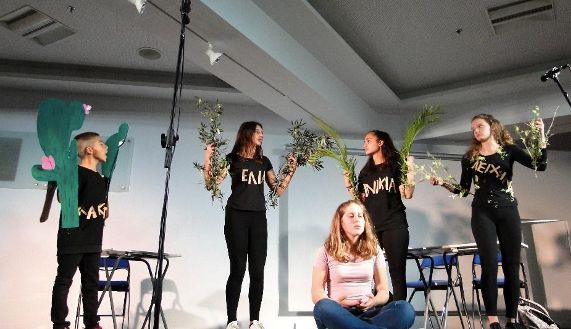
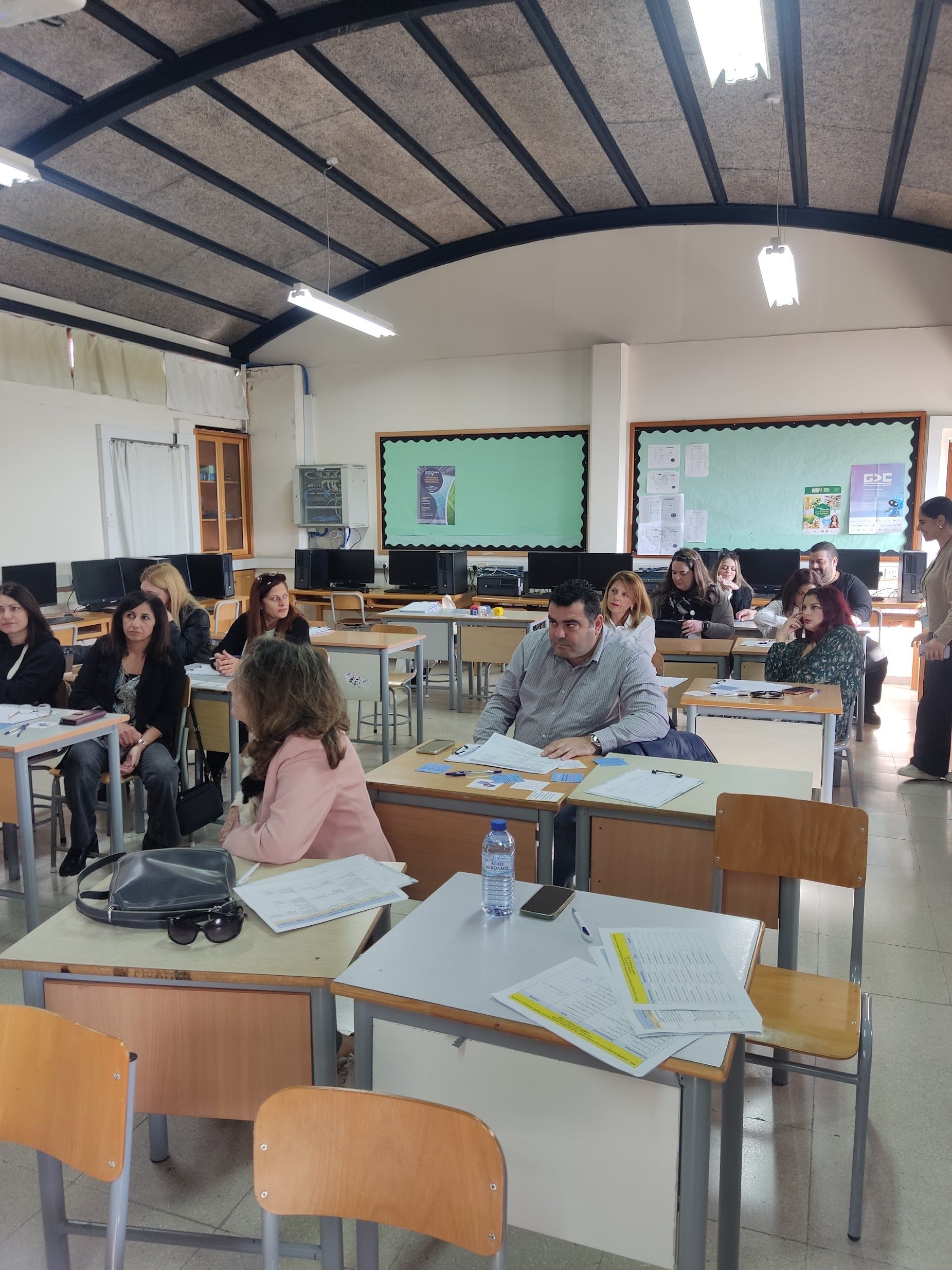
Pedagogical Framework & Curriculum Design
The team, led by ScienceView, developed the STEAM Educational Framework, an innovative model that integrates art, science, and cultural heritage into school learning.
They also finalized the STEAM Curriculum (Theatre, Music and Makerspace module), which will soon be tested in schools across the partner countries. The Curriculum can be downloaded from the project website.
Creation and Innovation in STEAM Learning
Partners led by NUCLIO are now launching pilot workshops and teacher training in all the schools that have expressed interest and that are ready to transform their approach to teaching STEM by integrating it with the Arts. These hands-on labs will encourage students to learn through creativity and collaboration.
The results of these pilots will feed into the Transnational STEAM Festival, that will be organized by Materahub, where students’ artistic and scientific creations will be showcased at European level.
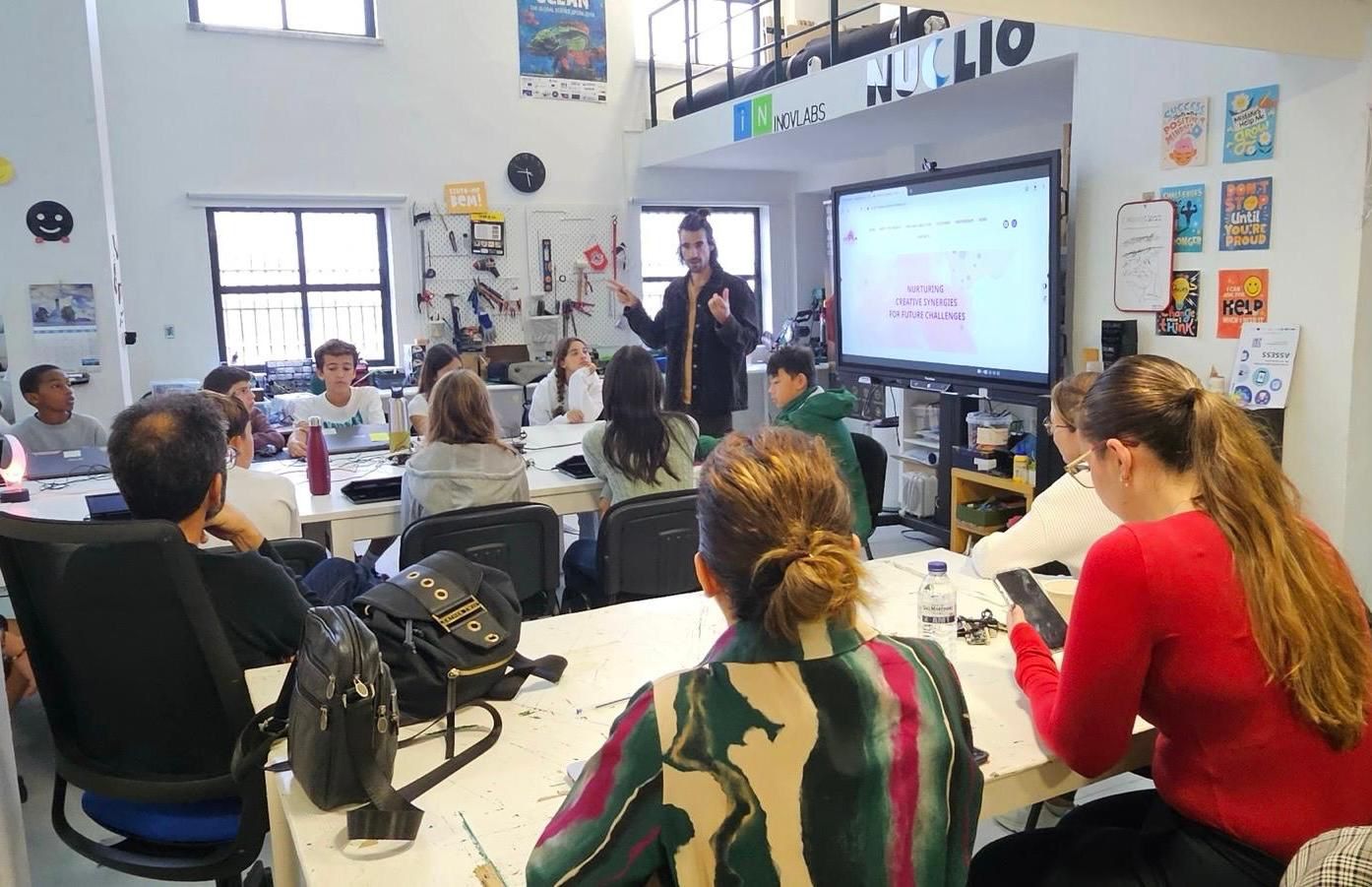
Toolkit & Policy Recommendations
Building on the initial results, the partners have begun gathering experiences and lessons learned to create the STEAM Educational Toolkit — a hands-on resource full of ideas, guidelines, and policy suggestions for teachers, schools, and education leaders.
This toolkit aims to make sure the project’s results can last over time and be easily adapted and shared across Europe.
Materahub, as leader of Communication, Dissemination and Networking, has guided the project’s outreach strategy and strengthened its European visibility — connecting partners, educators, and cultural actors around a shared STEAM vision.
Voices from the Project
‘“Bringing STEM into my music lessons will completely change the way my students experience math, science, and technology. I’m sure they’ll start to love these subjects even more once they see how beautifully they connect with music.”
— Teacher, Italy
“Learning Science Through Theater, where we have already participated in workshops, is an inspiring “accelerator” of the sciences through theatre in education. It’s something we truly need. Unfortunately, our educational system offers few opportunities for children to take the lead in how they learn and engage with knowledge. This initiative changes that — giving them a unique chance, through creativity that is often missing, to take their learning and school reality into their own hands and, why not, to embrace the sciences as well”
— Teacher, Greece
“I’m really excited about the opportunity to teach this module! Exploring how science can be taught through music offers such a creative and engaging way to help students understand scientific concepts. It’s a wonderful chance to connect two disciplines that spark curiosity, imagination, and deeper learning. I look forward to seeing how rhythm, melody, and sound can bring scientific issues to life in the classroom.”
— Teacher, Cyprus
“Thank you very much for the excellent opportunity you gave us to do this workshop of introduction to programming with micro:bit. It was awesome! The students loved it!.
— Teacher, Portugal
Next Steps
- Implementation of STEAM activities in the schools
- Preparation of the Transnational STEAM Festival in Italy
- Organization of the Final Conference and Student Festival
- Publication of the STEAM Educational Toolkit for European teachers and schools
- Continued online and local engagement campaigns in partner countries
💡 Stay Connected
Follow the STEAM Innovation project and discover how creativity can transform education:
🌐 www.steaminnovation.eu
📱 Facebook | Instagram
Contact:
sotiriou@scienceview.gr (Greece)
vphilippou@inquirium.eu (Cyprus)
geuffer@nuclio.org (Portugal)
annamariaguarino@materahub.com (Italy)
